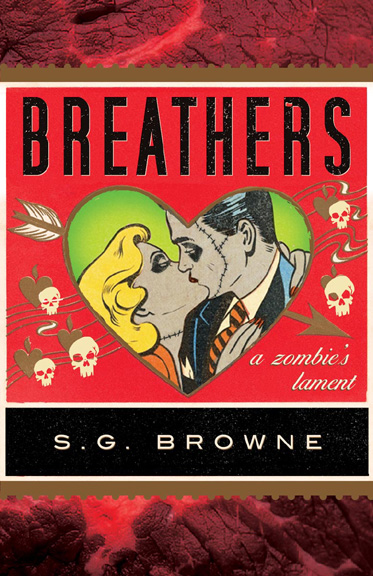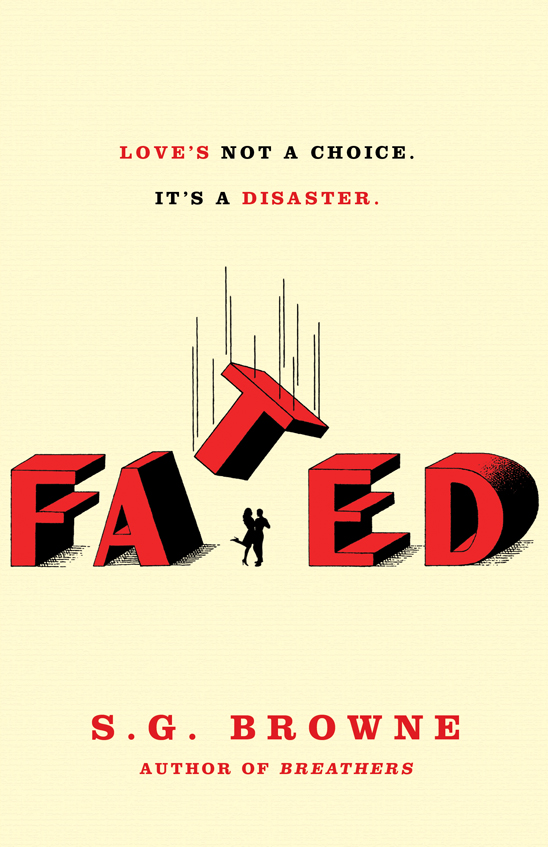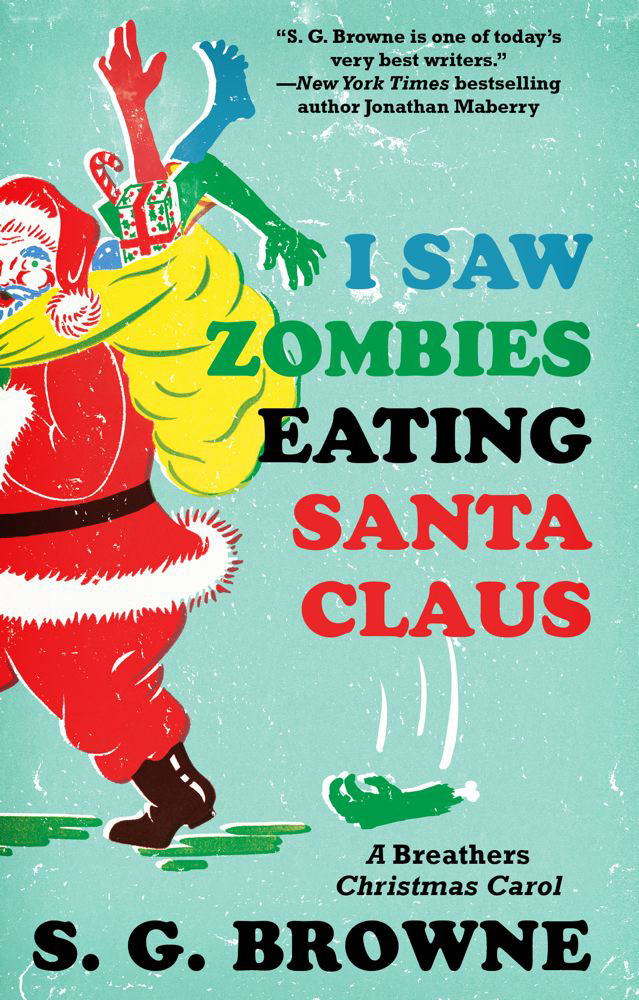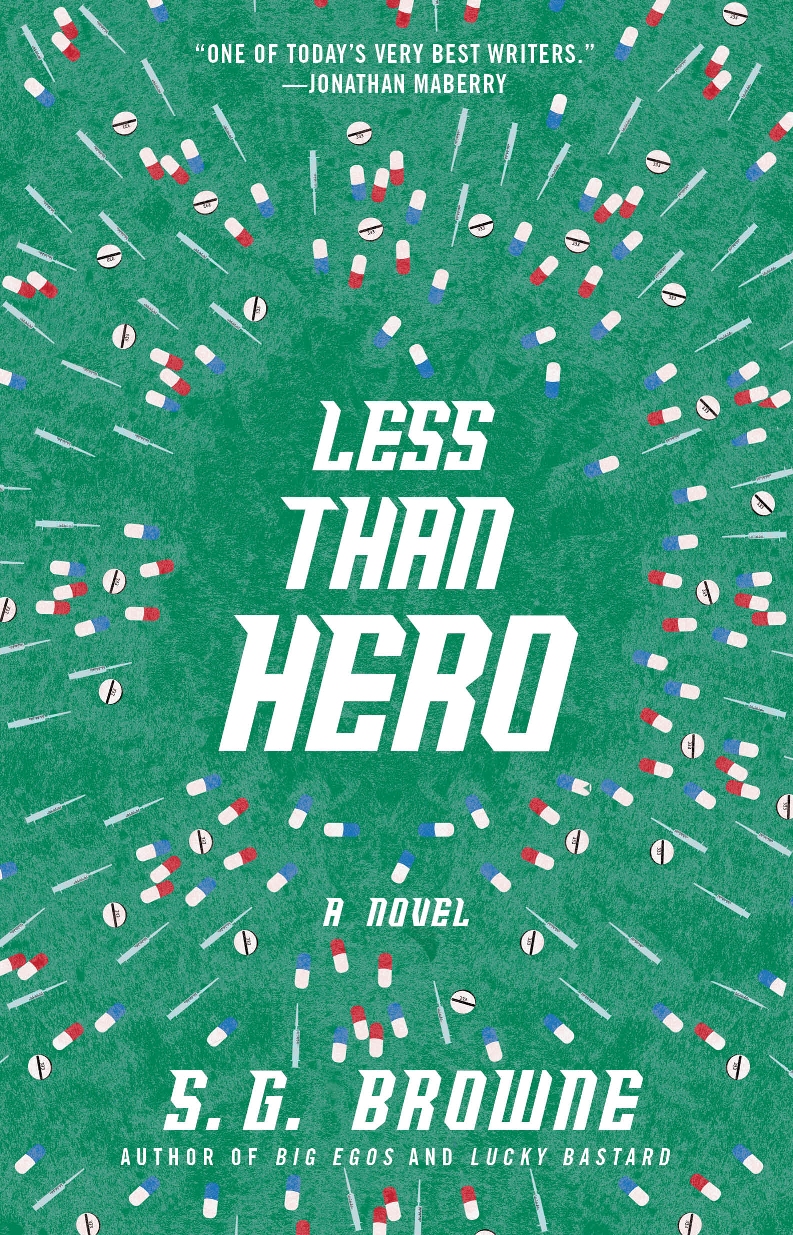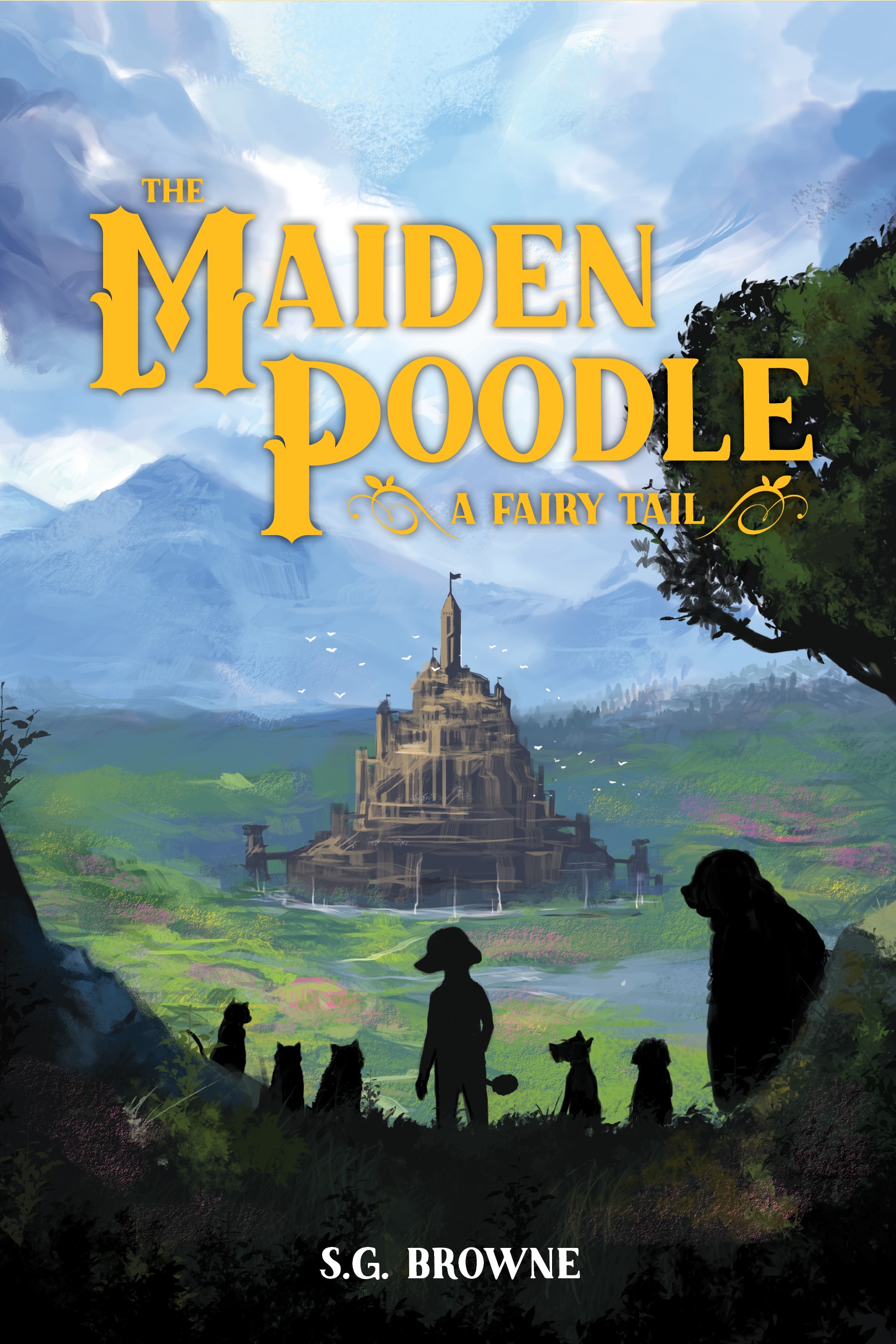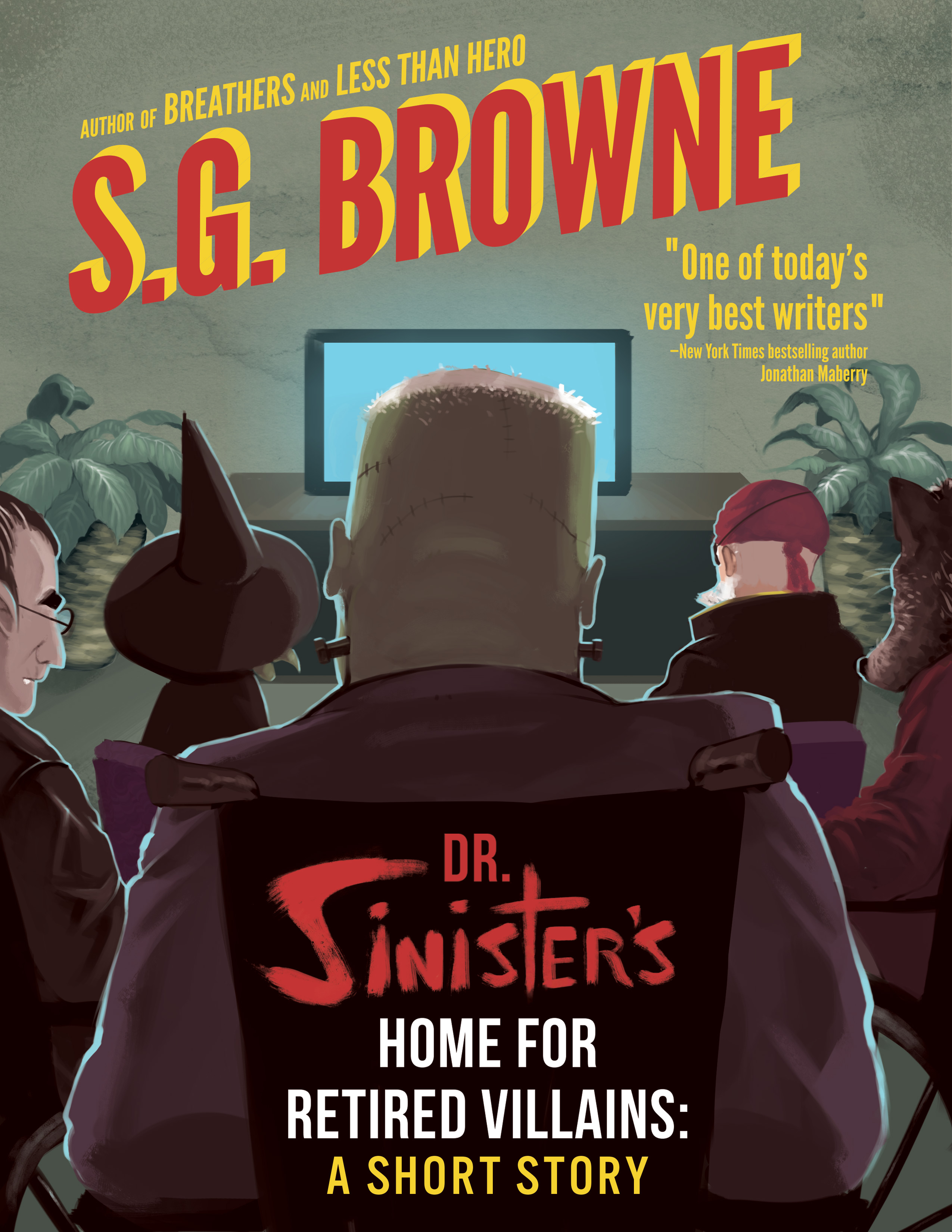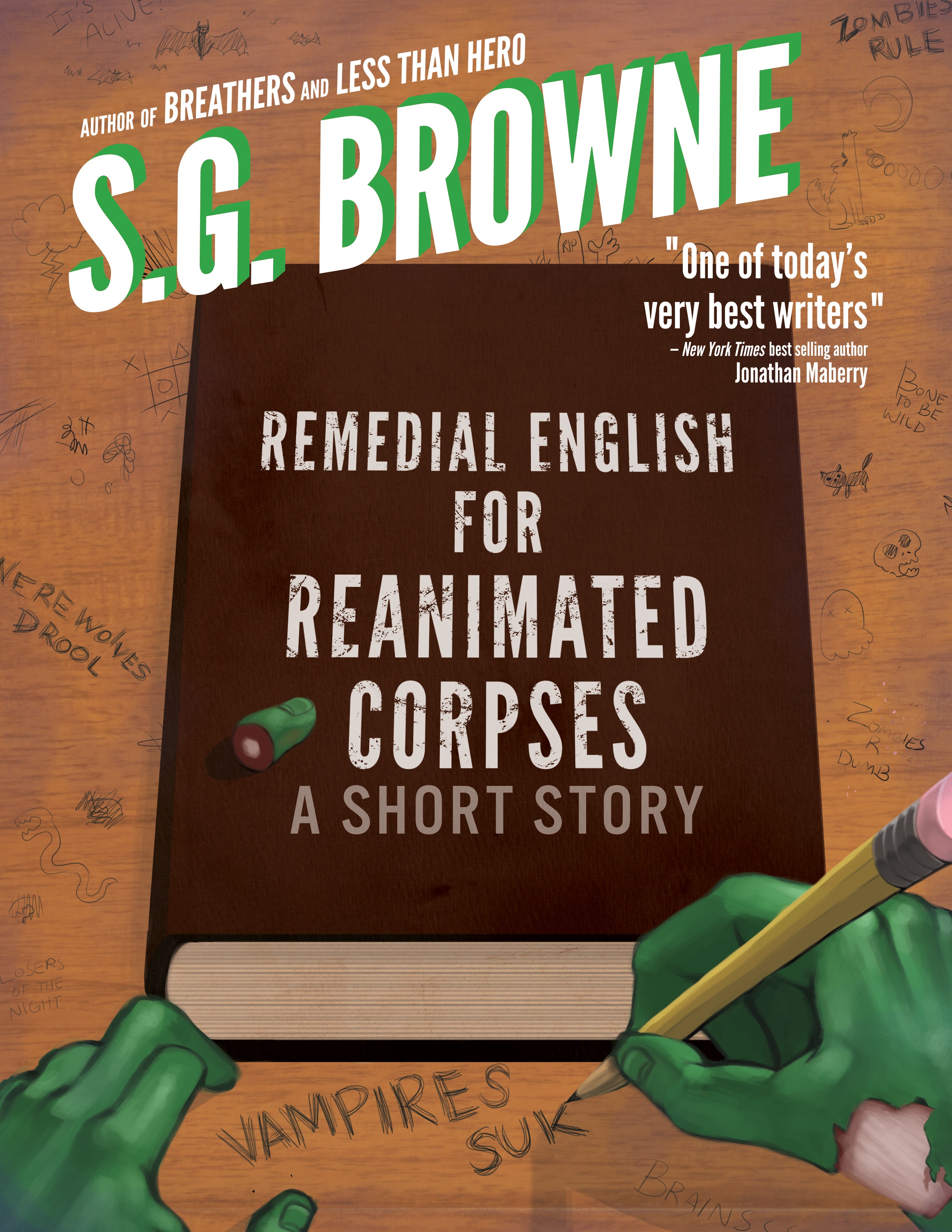I is for Investigation
“Up until about three weeks after death, the internal organs of a corpse can still be identified. After that, the internal organs turn to chicken soup.”
The previous culinary analogy was something I gleaned from a wonderful book titled STIFF: The Curious Lives of Human Cadavers by Mary Roach. From STIFF, I also learned about cadaver impact testing, that unembalmed dead people basically dissolve, and that when maggots feast on the subcutaneous fat of a corpse, it sounds like Rice Krispies.
Snap, crackle, pop.
Throw in the fact that marshmallow is made from gelatin, which is derived from the collagen inside the skin and bones of pigs and cows, and suddenly those Rice Krispie treats don’t sound so appetizing.
In addition to the helpful tidbits of information I found in STIFF, I read an enlightening on-line article by Dr. Trisha Macnair about human decomposition that explained how, in the tropics, a corpse can become a moving mass of maggots within twenty-four hours.
Both of these sources helped me to add a visceral reality to Andy’s world that I couldn’t have made up.
I think it’s impossible to write a work of fiction without doing some research. I don’t know about other writers, but I’m not a bottomless source of information, so I need some help when my imagination fails me. And adding some facts to the fiction makes the story more believable.
When I write, the story typically unfolds as I’m writing it, so I don’t always know what research I’ll need to do until it becomes apparent that the scene or chapter I’m writing needs some help. Like the scene where Andy discusses the different types of wine he’s consuming (I’m a Boddington’s man). Or the chapter where Andy’s mother helps him apply make-up.
In addition to researching what happens to human bodies post mortem, I read the TV Guide to make sure I knew what programs were on and when, visited an on-line wine store to improve Andy’s beverage selection in his parents wine cellar, hung out in the Soquel Cemetery for a couple of hours with a notepad, and studied up on the different shades and brands of Rita’s lipstick. I also read up on how to preserve game meat, who’s involved in a television production crew, what people have as their first memory, and how to apply concealer, foundation, and contouring powder.
I’m sure I’ve made some errors in my research. Although I am a man, occasionally I do make mistakes. But I had a lot of fun blending fact and fiction to create the world in which Breathers exists and try to make it believable.
(Next entry: J is for Jerry)

